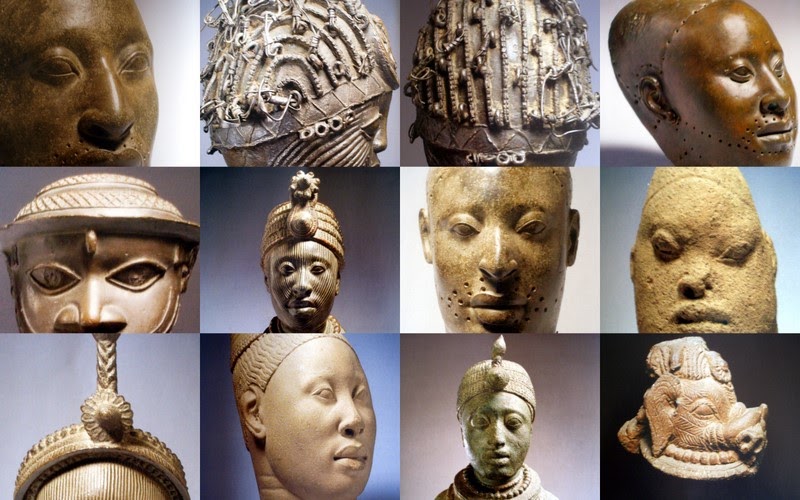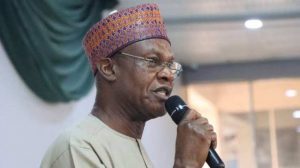
The history of art in Nigeria dates back thousands of years, with evidence of artistic expression found in ancient Nok terracotta sculptures, Ife bronzes, and Igbo-Ukwu bronze artifacts. Nigerian art has been shaped by a variety of cultural influences, including those of neighboring African countries and those of European colonial powers.
Traditional Nigerian art includes sculptures, masks, textiles, and pottery, which have been created by various ethnic groups throughout the country. These work of arts are often rich in symbolism and are used for religious, social, and political purposes.
During the colonial period, Nigerian artists began to incorporate Western techniques and styles into their work, resulting in a fusion of traditional and modern art. In the mid-20th century, Nigerian artists formed various art movements, including the Zaria Art Society and the Mbari Club, which aimed to promote Nigerian art and culture.
Today, Nigerian art continues to evolve and thrive, with contemporary artists exploring a range of themes and techniques. Nigerian art has gained international recognition, with Nigerian artists exhibiting their works in museums and galleries around the world.
Overall, the history of art in Nigeria is a rich and diverse one that has been shaped by a variety of cultural influences, and continues to evolve and inspire artists and art lovers alike.
Relevance of Arts in Nigeria
Art in Nigeria plays a significant role in various aspects of society, including cultural, social, and economic spheres. Here are some of the ways in which art is relevant in Nigeria:
Cultural expression
Nigerian art is a powerful tool for cultural expression and preservation. Artworks such as sculptures, masks, and textiles reflect the diverse cultural heritage of Nigeria and are used to celebrate and promote Nigerian culture both locally and internationally.
Tourism
Art is an essential element of Nigeria’s tourism industry. Tourists from all over the world come to Nigeria to experience the country’s rich artistic heritage, including traditional music, dance, and visual arts.
Employment
Art provides employment opportunities for many Nigerians. Artists, artisans, and craftspeople work in various fields such as sculpture, painting, weaving, pottery, and jewelry making, providing income and supporting the economy.
Social commentary
Art in Nigeria has also been used as a means of social commentary and political expression. Artists use their works to raise awareness and bring attention to social and political issues affecting the country, such as corruption, inequality, and environmental degradation.
Education
Art is an important tool for education and skill development. Art schools and programs in Nigeria provide training and education in various fields of art, supporting the development of future artists and creative professionals.
In summary, art is an essential part of Nigerian society and has a significant impact on cultural expression, tourism, employment, social commentary, and education. It provides a platform for creative expression and contributes to the country’s cultural and economic growth.
Read.Like.Share.
You can leave your comment too.





















